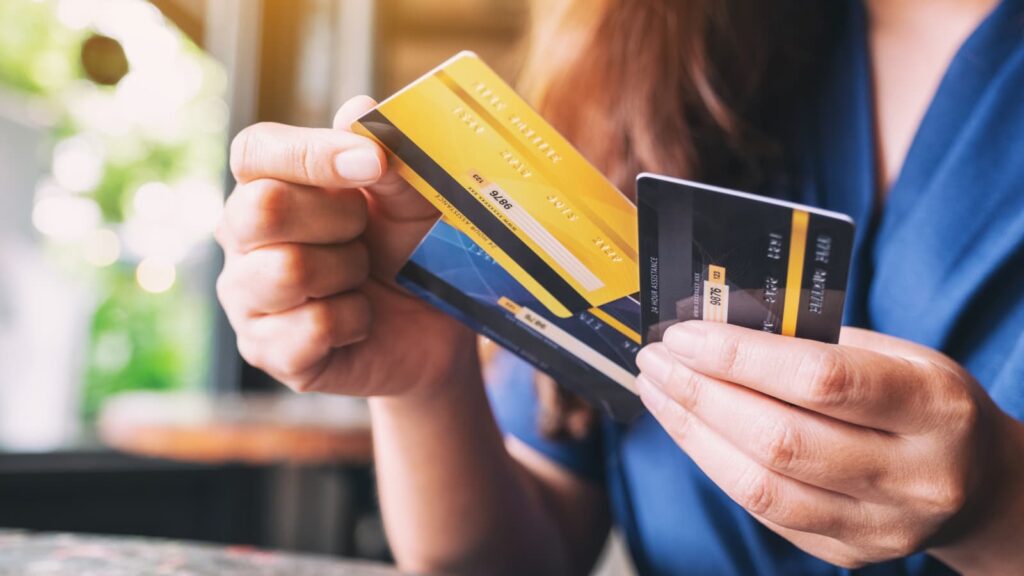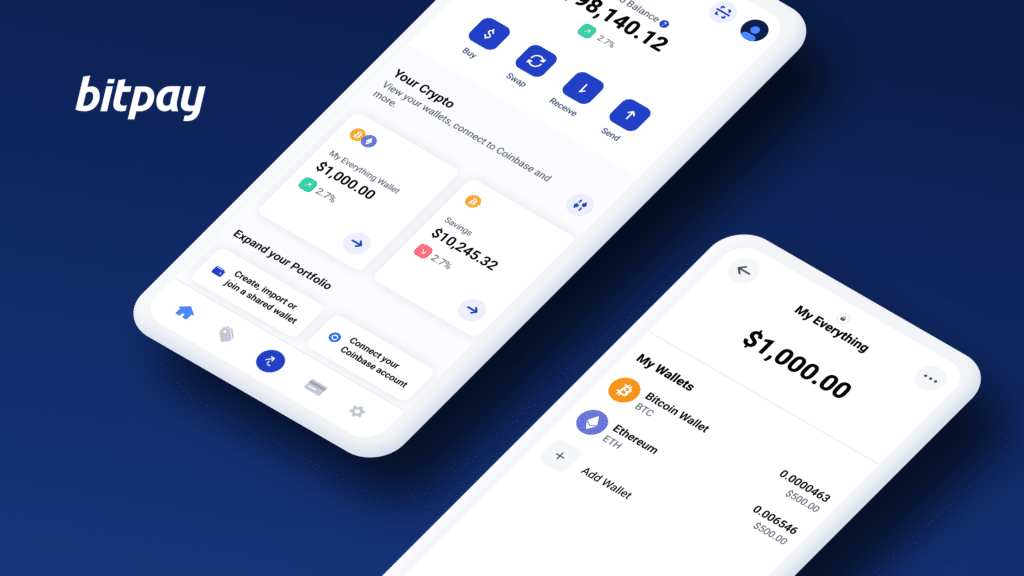Online shopping has become a ubiquitous part of our lives, providing a convenient way to purchase anything we need with just a few clicks. But have you ever pondered the mysterious process of online payments? How do they work? Let’s delve into the intricacies of online payments and explore the various payment methods available to us.
To begin with, let’s understand the basics of online payments. When you buy something online, the money has to move from your account to the seller’s account. This is where a payment gateway comes in – a secure online portal that links your bank account with the seller’s bank account. The payment gateway confirms that the dealing is secure and your confidential financial information is kept safe from prying eyes
Contents
Cards & Digital Wallets & Crypto
Have you ever thought about how money magically disappears from your bank account and appears in the hands of your online shopping destination within seconds? It’s like a virtual heist but a legal one. Well, the secret behind this wizardry is the payment gateway. The gateway acts like a secure portal that connects your bank to the seller’s bank. So when you click that “buy now” button, the gateway sends a request to your bank for the funds. Your bank then investigates your balance and credit limit, and if everything checks out, they approve the transaction. Once approved, the payment gateway quickly moves the funds from your account to the seller’s account, and just like that, you’re a happy shopper!
Say goodbye to plump wallets and hello to digital wallets! These modern payment tools like PayPal, Google Wallet, and Apple Pay store your card details securely in one place. When you make an online purchase, select your digital wallet as the payment method, and voila! The payment gateway takes care of the rest and sends the money to the seller’s account. It’s like having a personal robot butler handling your payments for you!
In the digital age, it appears like there’s always a new way to pay for things online. Enter cryptocurrency, the mysterious and alluring method of payment that’s taking the world by storm. With names like Bitcoin and Ethereum, these decentralized digital currencies offer a fast and secure way to buy and barter goods and services online.
When you make a purchase using cryptocurrency, the payment gateway sends a request to the blockchain network, which is basically a giant digital ledger that records all transactions. Once the blockchain network verifies the transaction, the funds are transferred from your cryptocurrency wallet to the seller’s wallet. It’s like magic but with computer code instead of a wand!
The Security
Picture this – you’re buying something online and entering all your personal and financial information. But wait, who’s watching? Who might be lurking to snatch up your sensitive data? Enter encryption, the superhero that saves the day by turning your personal info into a secret code that only authorized parties can decipher. It’s like a secret handshake between the payment gateway and the seller’s website that keeps your information safe and sound.
When it comes to online payment, safety is like wearing a helmet while biking. The payment gateway and seller’s website have a whole bag of tricks to make sure your personal and financial information is protected.
They use fancy things like encryption, multi-factor authentication, fraud detection, and other top-secret spy stuff. Remember to only buy from the cool kids on the block and never, ever share your personal or financial information with strangers.
Final Thoughts
Ah, online payment – the digital genie that has granted us the power to shop from the comfort of our couch. With a plethora of payment methods at our disposal, shopping has never been easier! But let’s not forget with great power comes great responsibility. We need to keep our wits about us and make sure our personal and financial information is kept safe and sound. By wrapping our heads around the ins and outs of online payment and being picky with our sellers, we can bask in the glory of online shopping without the added stress of security concerns.




